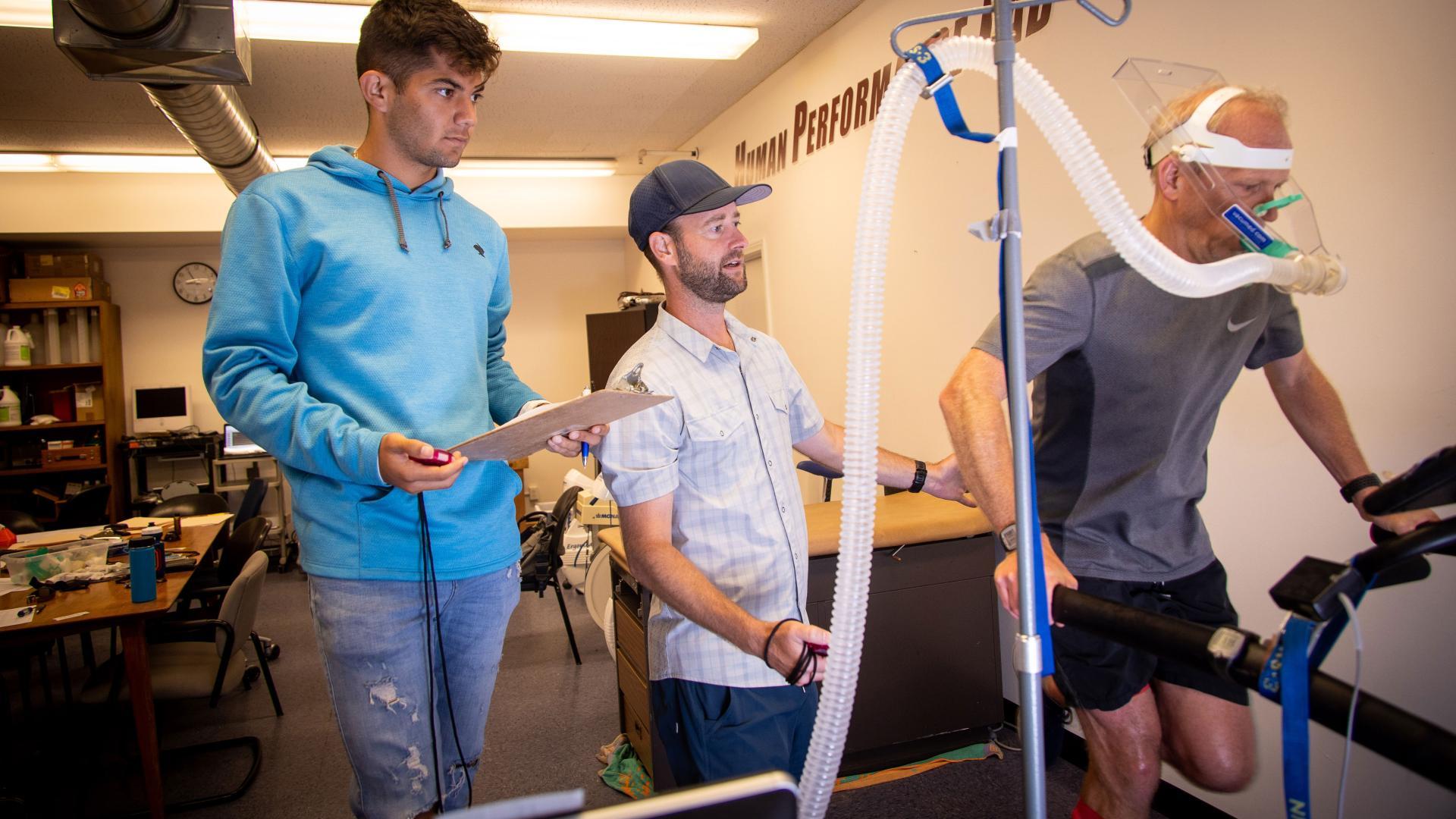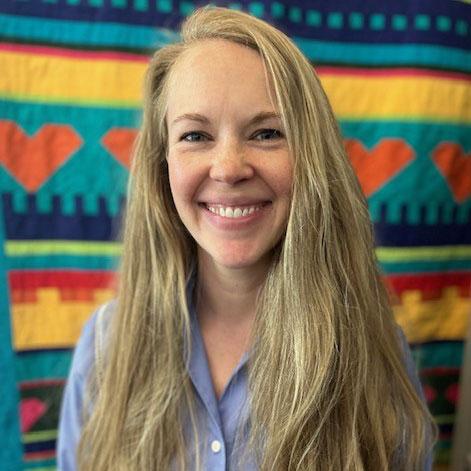We Place a High Value on Research
A hallmark of Westmont’s outstanding undergraduate liberal arts education is providing opportunities for students to conduct significant research with faculty.
Approximately 1,350 undergraduates (including 150 in off-campus programs) enjoy a student-to-faculty ratio of 11 to 1 and an average class size of 18, which allows them to develop close relationships with outstanding faculty who are committed to teaching, scholarship, research, service and involving undergraduates in research.
Student Research Opportunities
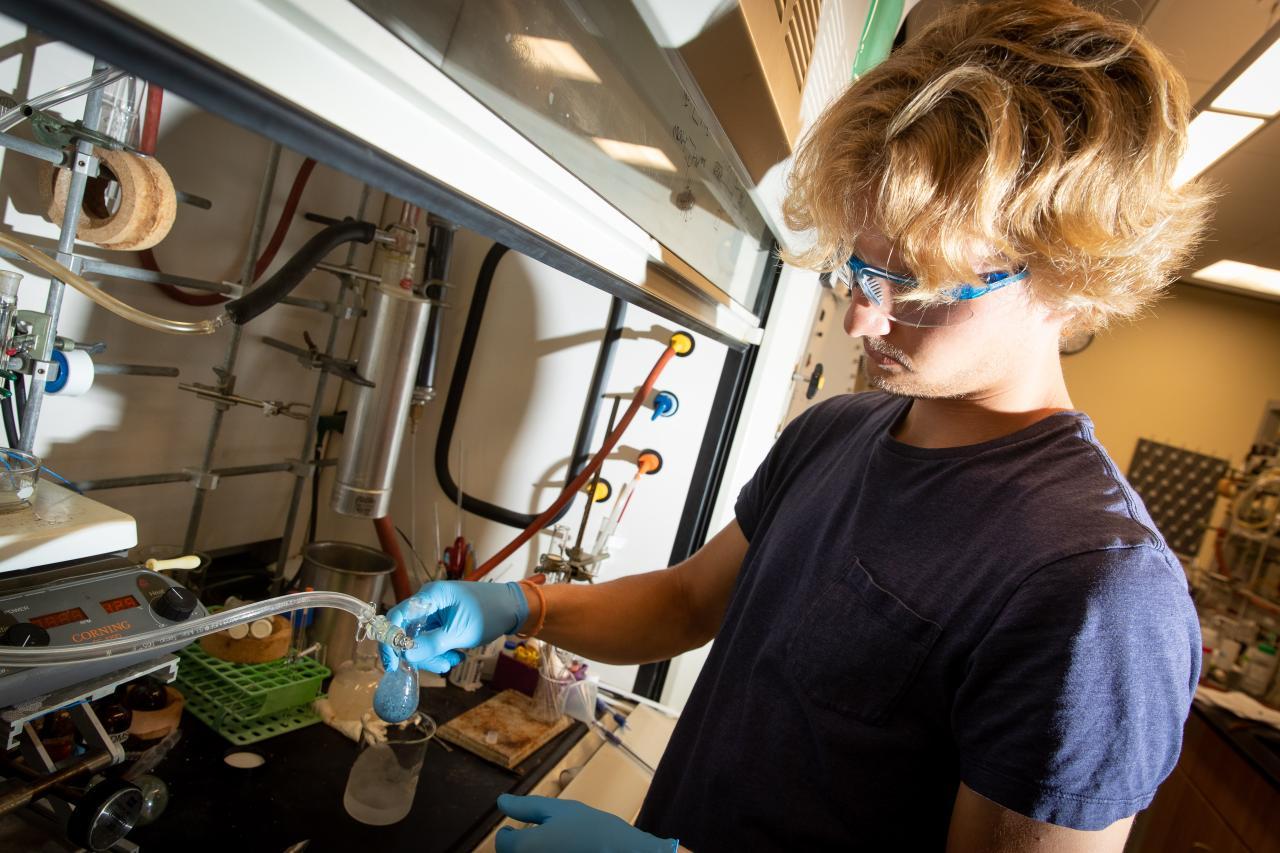
Summer Research
Each summer, approximately 30 students from STEM fields work as full-time research assistants, collaborating closely with professors on cutting-edge projects. Many of these research projects extend into the school year. Some students even co-author scientific papers with their faculty.
Major Honors Projects
Students from any major may choose to replace their senior capstone experience with a Major Honors project. These year-long research opportunities take various forms, but they each involve extensive independent research into a topic of the student's choice.
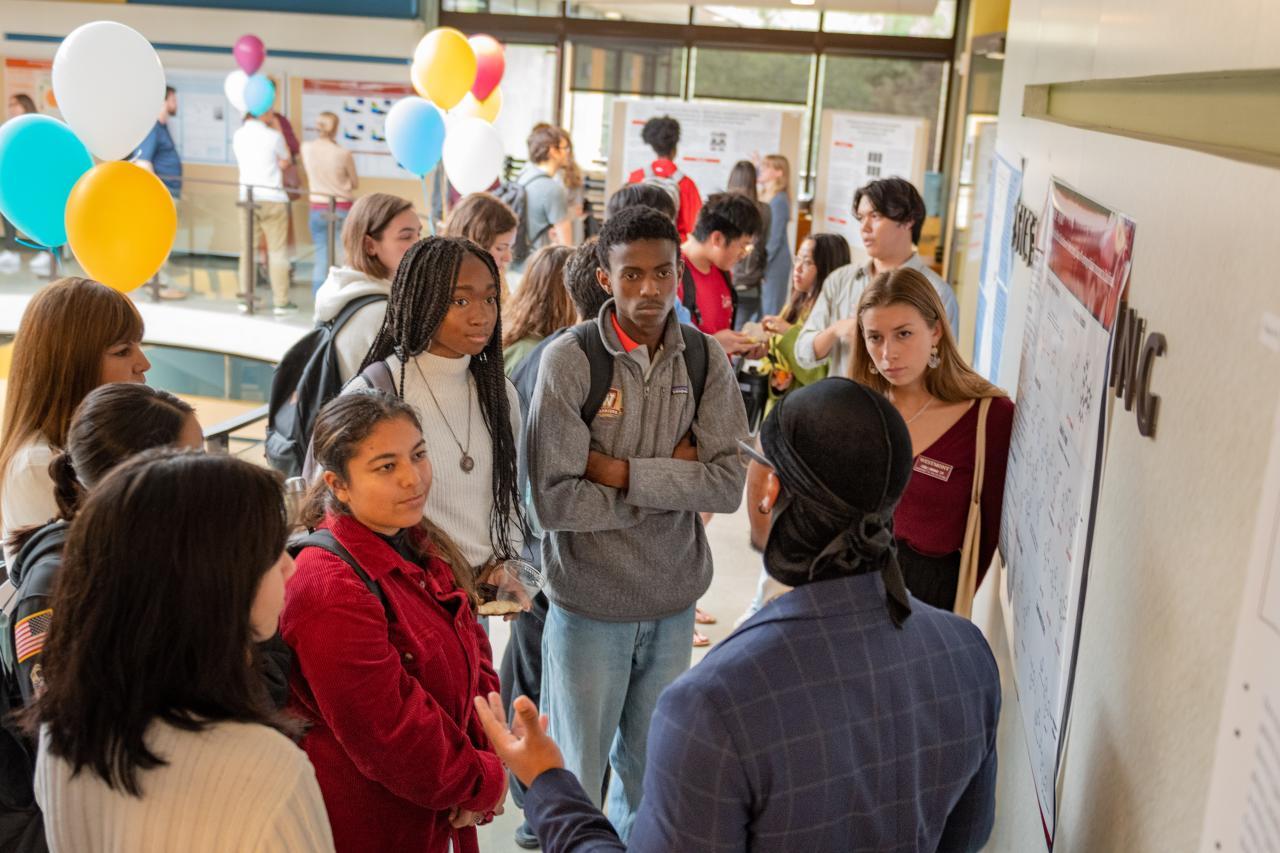
Student Research Symposia
Every semester, students present their research to the Westmont community through posters and short presentations. The projects range from novels to psychology research to chemical bonding studies.
See examples of recent research in the 2025 Celebration of Summer Research Program.
Alumni Testimonials
Rebecca (Becky) Cobb ’05, a clinical professor at Seattle University and couples and family therapist, earned a bachelor’s degree in psychology at Westmont.
“I worked in the psychology department lab, served as a teaching assistant, coordinated animal care and became a part-time administrative secretary before holding that job full time for a year,” she says. “I got to know the professors well and keep in touch with them.”
At Purdue, she completed a Master of Science in child development and family studies, specializing in marriage and family therapy, earned a doctorate at Florida State and became certified as a licensed marriage and family therapist in Washington.
Dr. Kristen Kleen Hughes ’04, the Central Coast Medical Association’s 2025 Physician of the Year, chose Westmont because she could play soccer while preparing for medical school.
“My professors worked with me and accommodated my soccer schedule,” she says. “I got an athletic scholarship, played on teams that won three national championships with Coach Mike Guiliano and graduated a semester early.”
She graduated with a bachelor’s degree in biology and earned a medical degree at Loma Linda University School of Medicine, where she served a residency in pediatrics.
“I’m so grateful that I get to work with children every day,” says Hughes, who joined the Santa Barbara public health department in 2016 and became the chief physician of the Franklin Healthcare Center in 2024.

Andrea Gurney, Westmont professor of psychology and licensed clinical psychologist, writes from caseload experience in the Institute for Family Studies about reconnecting with estranged family members.

Westmont biology professor Amanda Sparkman, whose research subjects include lizards and snakes, was quoted in the Los Angeles Times about behaviors of the western fence lizard.
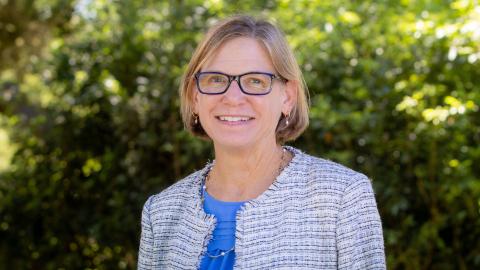
Research about workplace bias, co-authored by Westmont's dean of faculty development. gains national attention.
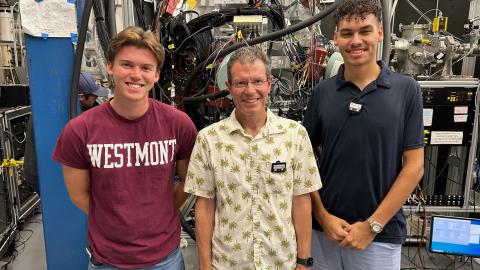
Students conduct novel nuclear physics experiment to study the structural properties of an exotic isotope of gallium at Florida State University.
